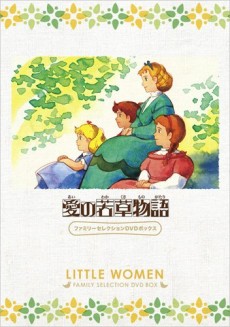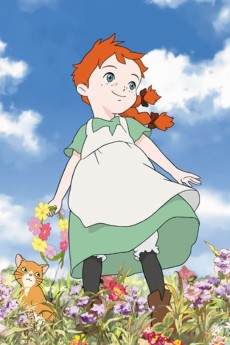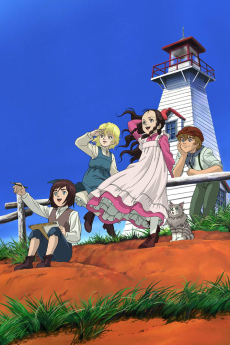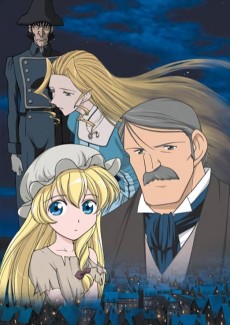PRINCESS SARA
STATUS
COMPLETE
EPISODES
46
RELEASE
December 29, 1985
LENGTH
25 min
DESCRIPTION
Sara, a pretty girl born into a rich British family in India, is treated like a little princess at a dormitory school in London. Sara’s sweet school life turns to tragedy when she learns of her father’s death and the family’s bankruptcy. However, Sara endures her hard luck with kindness and imagination and escapes from her misery through fantasies.
(Source: Nippon Animation)
Based on the novel "A Little Princess" by Frances Hodgson Burnett.
CAST
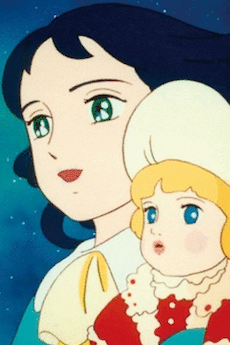
Sara Crewe
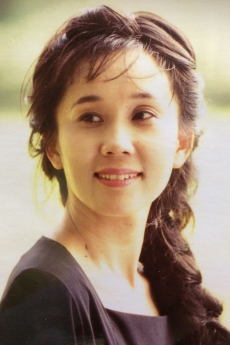
Sumi Shimamoto
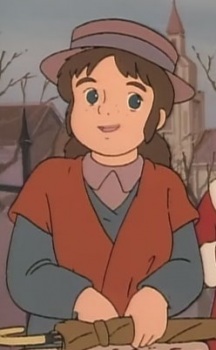
Becky

Teiyuu Ichiryuusai
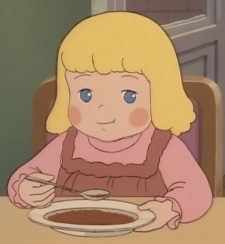
Lottie Legh

Naoko Watanabe
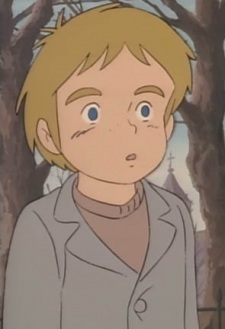
Peter
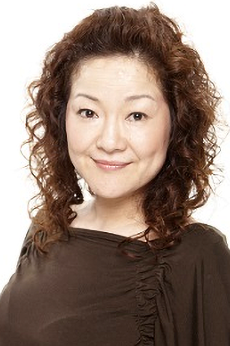
Chika Sakamoto
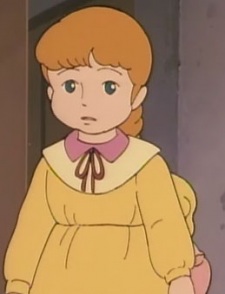
Ermengarde St. John

Maki Yaosaha

Mariette

Sanae Takagi
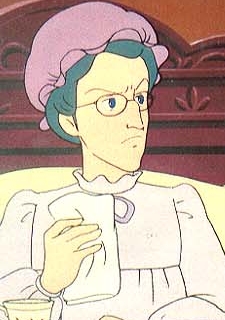
Maria Minchin

Taeko Nakanishi

Monsieur Dufarge

Toshiya Ueda
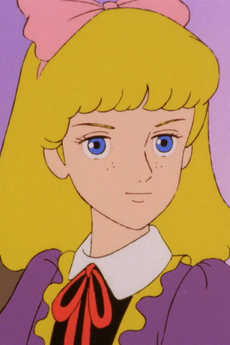
Lavinia Herbert

Eiko Yamada
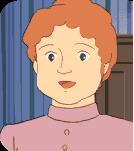
Amelia Minchin

Yuri Nashiwa

Ralph Crewe
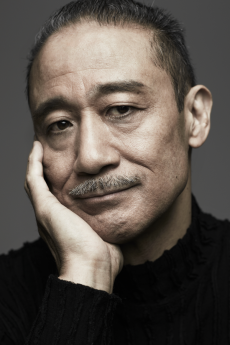
Banjou Ginga

Lyn Russel
EPISODES
Dubbed
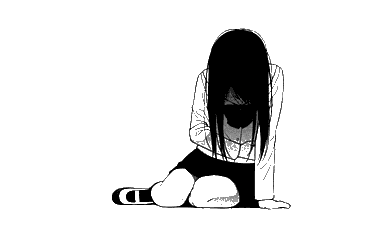
Not available on crunchyroll
REVIEWS

diavolo
80/100A fairy tale about suffering, kindness and enduranceContinue on AniList(Obligatory disclaimer that English isn’t my native language! Please feel free to point out any glaring typos or mistakes)
One Christmas morning, as I was chasing the nostalgic feeling of flipping through TV channels during the early morning hours on a holiday, I found myself scrolling through the obscure channel selection of my smartphone's free TV app, where I ended up watching two random episodes of this anime. Maybe it was the Victorian setting (which I'm a sucker for), the nostalgia of watching an old-style anime in my native language, or perhaps my melancholic mood latching onto what is essentially a story about child abuse. Either way, I was immediately very invested, and went on to binge the entirety of this anime within a few days. I was left with no regrets, but some thoughts to share (spoilers will be marked).
A Little Princess Sara is based on the classic novel A Little Princess by Frances Hodgson Burnett, set in the British Empire of 1885, detailing the story of a kind, privileged girl who loses all of her wealth and status, but not her kindness. The anime is from 1985 and very much looks like it, with both art style and animation being rather simple, but endearing. The soundtrack, while also somewhat simple, is notably nice and quite memorable in my opinion, as the melancholic pieces in particular enhance the emotional tone and atmosphere very well.
One of the series' strengths lies in its slice of life pacing, which creates a deeply immersive window into the Victorian period. There's something both comforting and charming about following the daily routines that unfold within this carefully crafted setting. Calling the story itself "enjoyable" feels kind of wrong within this context—it's genuinely sad, not so much because of what the summary gives away, but particularly in how Sara is treated. Classism plays a significant role within the story (so much so that it could warrant its own review) and sets the backdrop for all of the unfolding tragedy, but arguably the biggest tragedies stem from some characters' relentless efforts to be cruel towards Sara. On the other hand, this makes moments of kindness and compassion feel all the more valuable whenever they occur. The story is definitely quite touching and emotionally appealing, despite the anime keeping everything suitable for a child audience.
As for the cast, the characters who are lovely are very, very lovely and provide a lot of what little comfort the series has to offer, whereas the bad characters can be frustratingly bad and produce most of the series’ discomfort. While this might sound one-dimensional, all of the characters, including the antagonists, are actually quite humanized, though they’re all clearly meant to emphasize certain moral dichotomies. Interestingly, from what I’ve researched, the anime actually fleshes out its antagonists more than the novel, where they remain archetypal and less nuanced.
It's overall a very fairy tale-ish story with a lot of emphasis on noble suffering, unrelenting kindness and forgiveness, regardless of what hand you're dealt, and there are definitely some religious undertones to it as well, though not to the point where I feel the need to delve deeply into that aspect. The fairy tale/fable quality of the story honestly does take away some from its potential realism/authenticity in my opinion, though it aligns well with the anime’s child-friendly tone and its emphasis on hope and resilience—just something to keep in mind depending on what type of story you’re looking for.
In conclusion, if you:
- Don't mind symbolism in place of a more realistic approach;
- Have a high tolerance for tragedy/misery;
- Like atmospheric, slow stories to immerse yourself into,
you should absolutely give this anime a chance. I found it to be a very worthwhile watch that provided food for thought (especially on classist issues and the theme of kindness in the face of opposition) while delivering some genuinely touching moments—both happy and heartbreaking—that left me quite emotional.

For those who have already watched this, I got some further thoughts to share (this section contains Spoilers!):
-
On some of the characters: Minchin was a tough one for me, mostly because I went into this thinking that she would surely eventually change (she did not). But I think what’s interesting about her is that, despite her cruelty towards and projection onto Sara, she still comes across as a somewhat dimensional character with human fears and factors contributing to her awful behavior. I’m in no way gonna sit here and type out words to defend any of her actions towards Sara, because there’s no justification for the way she dehumanizes her (or Becky), but as Amelia later reveals to Sara, Minchin has suffered through her own hardships in order to both raise Amelia and open up the boarding school. Unfortunately, despite—or perhaps because of—that, she chooses to make others just as, if not more, miserable. In light of that, I was mostly unsatisfied with what little redemption there was in the form of her suffering the consequences of her actions. As for Lavinia, I think there was untapped potential to explore her evidently complex feelings toward Sara (which were mentioned but barely expanded upon), and I hated that no word of apology ever passed her lips—just sticking out her hand and declaring they can be friends now felt a bit lackluster to me considering how obnoxious Lavinia and her mean girl clique had been, though the story ultimately focuses more on Sara's growth than on her bullies', which is fair enough.
Amelia on the other hand actually ended up being one of my favorites. I had figured even before she revealed it that she probably has personal reasons for not daring to go against Minchin beyond simply fearing her wrath, even when she so clearly wants to (which already made her quite relatable to me on a personal level), and while it didn’t make up for the lack of true redemption for Minchin, Amelia going off on her sister at the end was arguably the most satisfying moment of the anime for me. -
On the pacing: Your mileage may vary, but I personally found the last third of the anime slightly exhausting for two reasons: First of all, we already know at this point that there is someone out there looking for Sara, who could literally fix her entire situation (sans dead dad), and personally I found it very, very testing to then watch so many episodes of Sara and her benefactor living literally next door without her identity being revealed to him (though to be fair, it made them finally meeting each other at the end extremely satisfying), while secondly, both Lavinia and Minchin just keep doubling down on their mistreatment of Sara and Becky. Specifically, when Molly trails Sara and wrongfully concludes that Peter must somehow be providing her with extra food, there's genuinely no rational reason for the characters in charge to be this obsessive about it, making their behavior feel needlessly vindictive. For all they know, the food doesn't have to be stolen, not to mention that well-fed staff would literally benefit the boarding school as it would allow the girls to do their labor more efficiently—and keep in mind that at this point, Sara already came close to dying from being overworked and receiving neither food nor warmth when she needed it, something we also followed along for episodes, and that's still not even detailing all of the cruelty preceding this section of the story. It started to feel both somewhat tiring as well as overly frustrating at that point, but that could’ve been just me.
-
On the ending & overall message of the story: This is just my very subjective take on the matter. While I will acknowledge that it is befitting/common for the time of its source material, as well as for the fairy tale elements of the story, I have some slightly mixed feelings about the ultimate conclusion of the series, which has Sara returning to her status quo as an upper class girl, putting her back into a privileged position that essentially nullifies all the struggles she endured as a poor girl and servant. Now, since a lot of her struggles are kind of artificially created in the way that they're not so much meant to teach her a lesson, but the people around her (including the audience) through her unwavering kindness and endurance, it checks out that the story took this approach—it's a story about moralism and escapism rather than a story about the practical realism of navigating a hard life within an unfair and unkind world. Sara doesn’t start as a mean rich girl who needs to learn what it’s like to be in the other position, she is instead such a sweet and nice girl that the viewer is automatically incentivised to view her fate as unjust/cruel based on the idea that good things should happen to good people, and because Sara stays that sweet and nice girl through all of her hardships, she is eventually rewarded accordingly. Don't get me wrong, 40-something episodes of her getting bullied and eventually straight up tormented makes her fairy tale resolution feel incredibly rewarding not only to her, but also the audience (which includes me). But I think that the moral “Don’t mistreat someone just because they’re poor; they could be rich (again) someday, and you’d regret it" somewhat undercuts the message that kindness and resilience matter even without material reward. On the other hand, while not as clearly emphasized, the fact that sheer kindness can make a huge difference is displayed a lot throughout the story as well, and, in my opinion, reflects the true value and meaning of this series. Considering the primary target audience, I think the series overall does an excellent job of conveying important lessons, and despite my adult self usually preferring something more nuanced, I still got a lot out of it as well.
As for scoring, I think any score in the mid to high-ish range is fair for this—it's not the most unique set up or idea, though presented and told in a way that is charming and appealing enough to be both memorable and touching, and can be quite thought-provoking even for an older audience. Since personally I had a wonderfully sad time, I'm gonna go with 8/10.
SIMILAR ANIMES YOU MAY LIKE
 ANIME DramaAkage no Anne
ANIME DramaAkage no Anne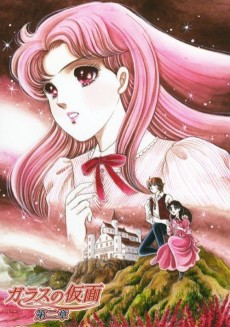 ANIME DramaGlass no Kamen
ANIME DramaGlass no Kamen ANIME AdventureIe Naki Ko Remi
ANIME AdventureIe Naki Ko Remi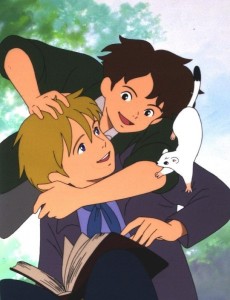 ANIME AdventureRomeo no Aoi Sora
ANIME AdventureRomeo no Aoi Sora ANIME DramaHimitsu no Hanazono
ANIME DramaHimitsu no Hanazono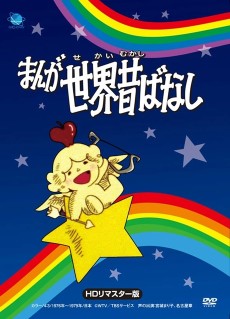 ANIME AdventureManga Sekai Mukashibanashi
ANIME AdventureManga Sekai Mukashibanashi ANIME DramaOnii-sama e...
ANIME DramaOnii-sama e...
SCORE
- (3.65/5)
MORE INFO
Ended inDecember 29, 1985
Main Studio Nippon Animation
Favorited by 124 Users


